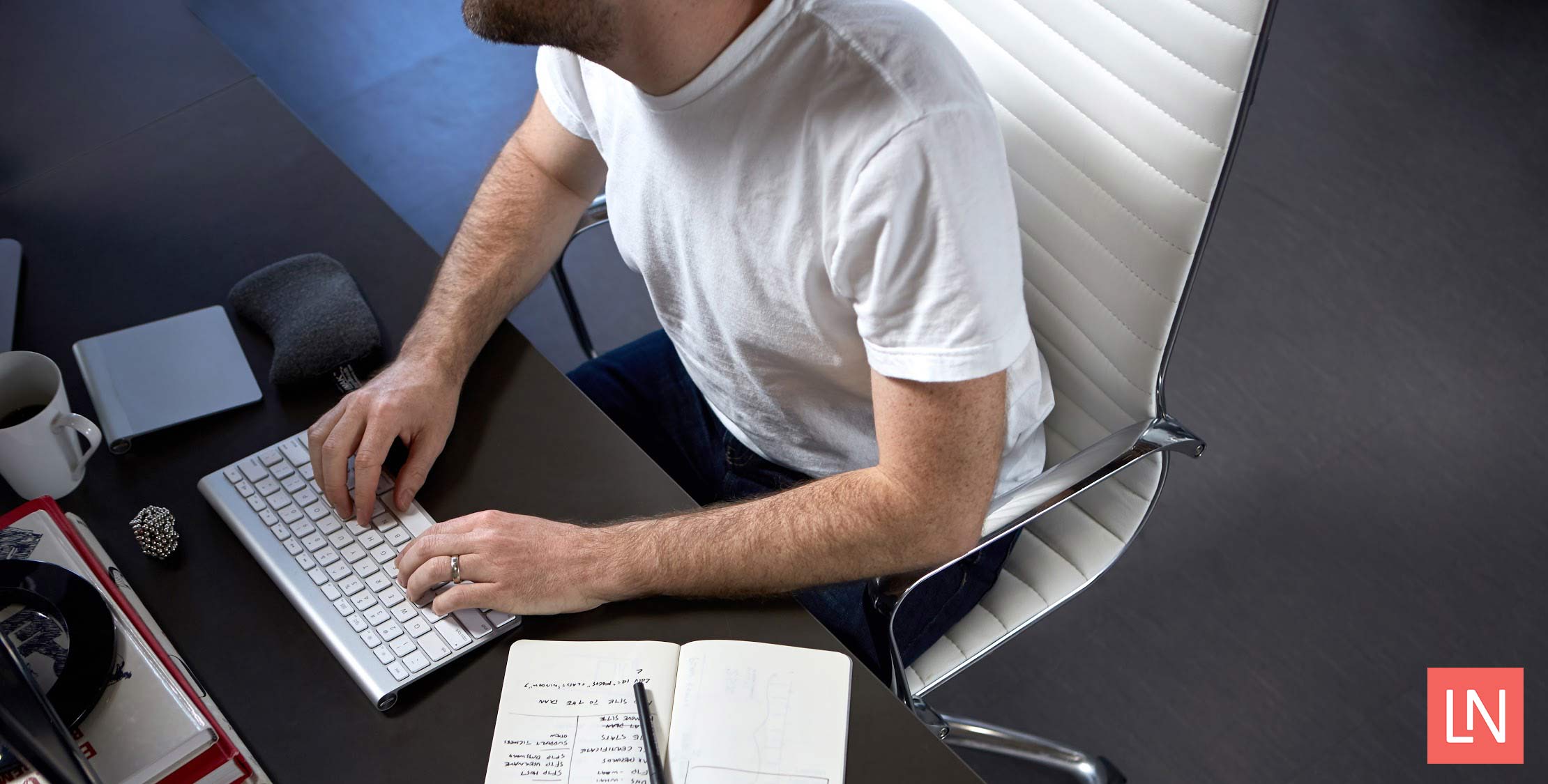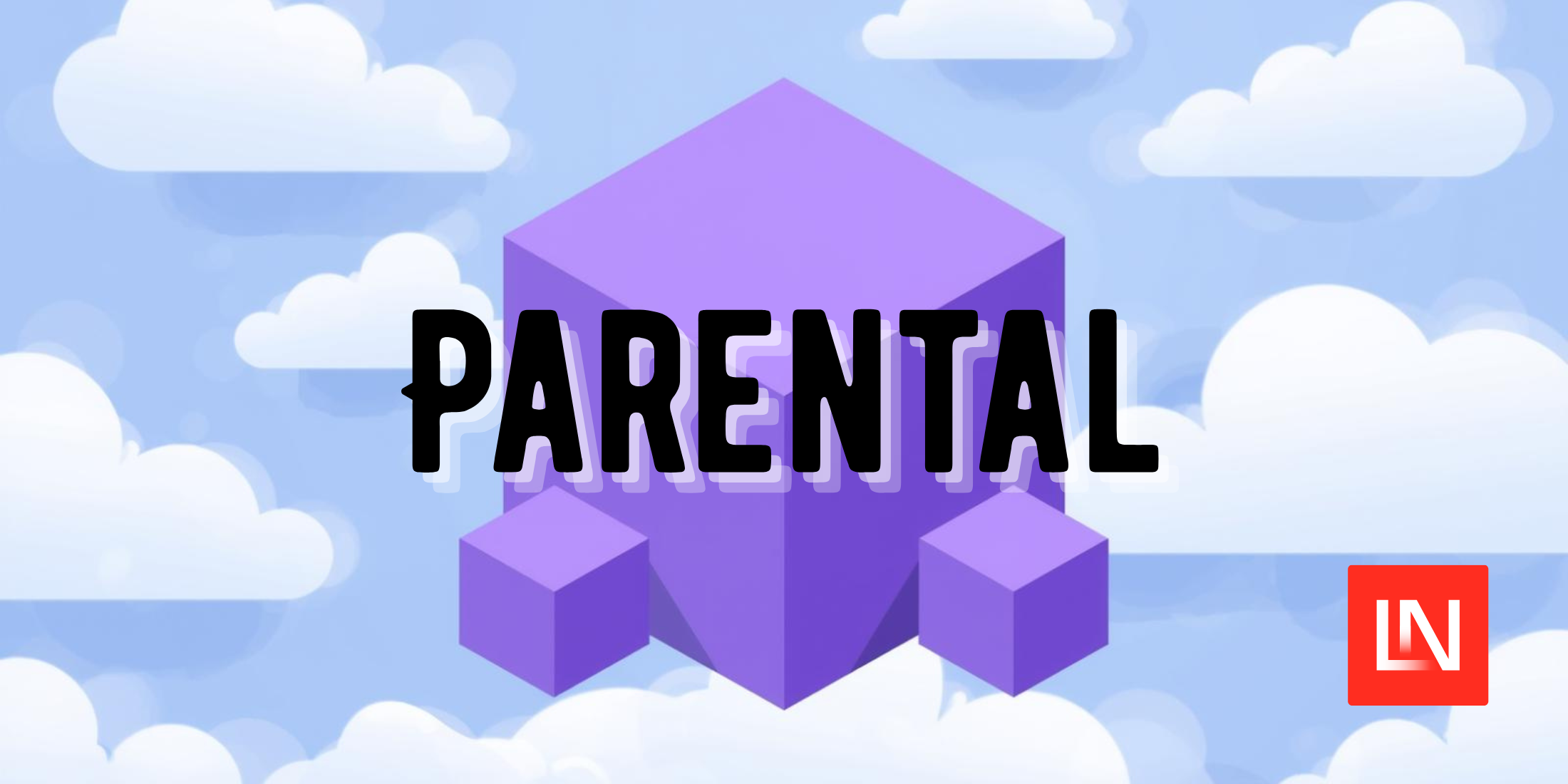We’re all concerned about maximizing what we can do in a day. Case in point: there are thousands, possibly millions, of articles on the internet devoted to productivity. There are just as many apps out there dedicated to helping you manage time and workflow. But personally, I’m all about picking up habits that will net me the most significant results day to day. So here are the three things that will make positive changes in your daily productivity.
Only Check “Thing You Obsessively Check” a Few Times a Day
Slack (or any other ChatOps tool). Text messages. Email. Twitter. Instagram. Your phone in general. Shut it down. You already know this; you already know checking email is time-consuming and stressful. You also know that even though Slack has pegged itself as a tool for productivity, it can actually be worse than email; so much so it can lead to anxiety. Twitter is great for keeping up with current events and learning something new, but this constant stream of information contributes to the on-demand culture we live in. Some studies have even shown we may be addicted scrolling and consuming.
You know what the solution is here. Do I even need to say it? Do I need to tell you to turn off Slack notifications? Or to only check your email twice a day? How about saving Twitter for your daily train commute or during your lunch break? It’s great that we want to stay connected and be updated on what’s happening outside of our little corner of the world, but we also need to remember that our little corner still needs to be maintained.
Do Similar Tasks in Bulk
Technology allows us to pay our phone bill or car insurance on an app. The convenience factor is extremely high (raise your hand if you’ve paid a bill while driving to work). However, trying to do small but important things while doing larger lesser important things is mentally taxing. It can lead to frustration and careless errors; those feelings can follow us into our offices or back home to our families.
Instead of trying to sneak these tasks into other daily activities, set some time aside during the day to do them all at once. Since paying bills, making mundane phone calls, or buying your friend their wedding gift are all low-pressure tasks, you should be able to knock those out fairly quickly once a week. Commit to spending a set amount of time each week just doing small tasks.
A quick note here about multitasking: it’s awful for productivity. You may think to do three small tasks and one big task at once is helping you complete more tasks faster, but it’s not. It may actually be damaging your brain because you’re not multitasking; you are task switching and, as a result, are 40 percent less productive. Since you’re continually switching tasks, you’re cheating each task you are trying to complete simultaneously. The best thing to do here is to focus on one task until it’s completed and then move on to the next one.
Make Free Time, Free
Yes, I know Marissa Meyer worked 130 hours a week at Google at now she’s running the universe. But working more hours doesn’t make you a better worker, and it definitely doesn’t make you more productive. In fact, working Google-level hours makes us less productive. The chances of us burning out skyrocket when you work over 55 hours a week and hobbies legitimately make us happier people. And happy people are, you guessed it, more productive.
So devote some time each week to doing something you enjoy. Make this something other than coding; the idea here is to make your free time actually free. Start a MeetUp; learn to play the guitar; join a sports league; or pick up a healthy TV habit (start with WestWorld; you’ll thank me). If you need an excuse to take some time away from work, read a few articles from this Google search.
When it comes to personal productivity, just remember the time you spend away from work—so in developers’ cases, away from most glowing screens—is going to help you write better code when it matters. When you’re at work put away your phone and shut down Slack. When you’re not at work, give your brain a break by picking up a hobby. Getting the most out of your workday truly does begin with what you do when you’re away. Embrace your time away from the office, and enjoy being something other than a developer for a few hours a week.
Sharon is an empathy consulting, public speaker and writer. She has over a decade of experience creating and managing content for businesses. A lifelong stutterer, she utilizes her experiences with her speech along with her background in marketing to help companies communicate more effectively both internally and with their target audience. She writes and speaks about improving communication through empathy. She lives in Pittsburgh.











